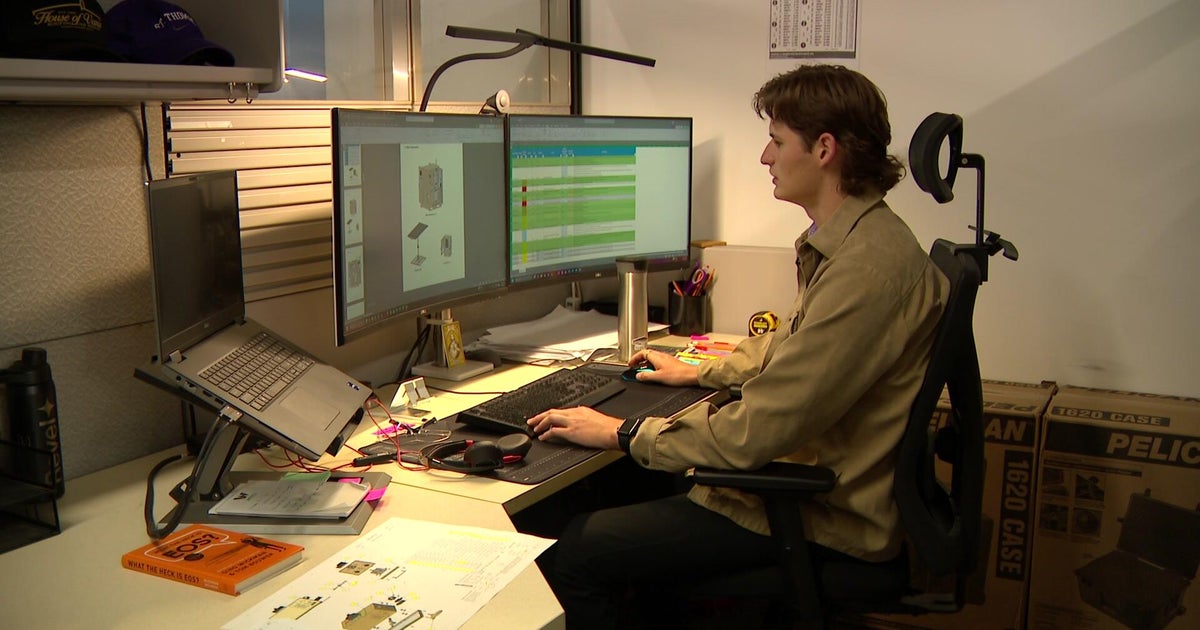Artificial intelligence has some excited and others scared, as the rapidly evolving technology impacts the job market.
Lucas Shriver is working hard at LEMA in St. Paul. A solar-powered battery station can now be used as a power source in a desert. It’s a project and a job that’s been a long time coming.
“I think I was about 7 years old when I built a tree house by myself,” Shriver said.
He earned his engineering degree from the University of St. Thomas in June. As a full-time employee, he is one of the lucky ones.
“In my own searching for jobs and my friends, the job market right now is quite difficult, and it does seem like people are looking for someone with five years of experience,” Shriver said.
His professor, John Abraham, agrees.
“The jobs at the bottom rung of a ladder for people to climb up to a corporation. Those are going away in the last two years,” Abraham said. “There’s 35% fewer entry-level, you’re a recent college graduate and you’re looking for a job, you’re up a creek, you’re up a creek.”
Federal data suggests three fields that will feel potential cuts because of AI: Insurance adjusting, credit analysis and paralegals. The data also suggests growth could come in the software, personal finance and engineering fields.
For job seekers of any age or field, Abraham suggests learning how to use artificial intelligence.
“This is a tool that increases effectiveness so much, you just have to know it if you’re going to compete,” he said.
And Shriver has the job to prove it.
“I have no idea where this is going, but as for today, I am gonna use AI,” he said.
Abraham says jobs with empathy, like counseling and health care may be safer from AI; he also says the trades will likely still be in demand.
More from CBS News

